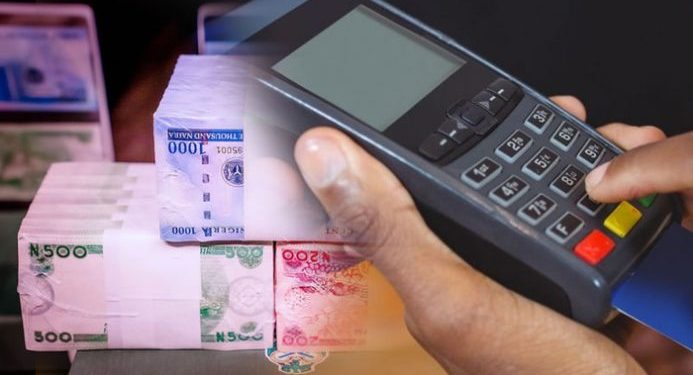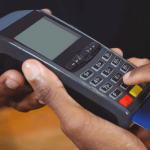The number of Point-of-Sale (PoS) terminals in Nigeria has reached 26.54 million within just seven months, according to data from the Nigeria Inter-Bank Settlement System (NIBSS). This growth reflects a significant shift towards digital payment solutions in the country.
An analysis of NIBSS data shows a 22.59% increase from 21.65 million registered PoS terminals in July 2023. The trend indicates a robust adoption of digital payment platforms driven by government policies to reduce cash reliance.
In January 2024, Nigeria registered 3.44 million new PoS terminals, marking a 48.5% rise from 2.32 million in January 2023. February saw a 50.9% increase, with 3.61 million new registrations compared to 2.39 million the previous year. March followed suit, with new registrations climbing to 3.73 million, up 47.0% from 2.54 million in March 2023.
April recorded 3.85 million new PoS terminals, reflecting a 26.1% growth from 3.05 million in April 2023. This momentum continued in May, with a 22.4% increase to 3.88 million compared to 3.17 million in May 2023. By June, new registrations reached 3.97 million, showcasing a 23.5% rise from 3.22 million in June 2023. In July, the trend persisted, with 4.06 million new terminals registered, a 24.0% increase from 3.27 million in July 2023.
Zone Payment Network Limited, formerly known as Appzone, has partnered with NIBSS to enhance PoS transaction capabilities nationwide. This collaboration aligns with the rising digital payment landscape in Nigeria.
The NIBSS also reported that Nigerians spent N89.50 trillion through electronic channels in July 2024, the highest monthly transaction value ever recorded on the NIBSS Instant Payment platform. This figure represents an 89% year-on-year increase compared to N47.39 trillion during the same period last year.
The record-breaking electronic transactions in July have pushed the total value of electronic payments in Nigeria to N566.3 trillion between January and July 2024, closing in on the N600 trillion recorded in 2023. This shift towards digital payments not only illustrates the growing acceptance of cashless transactions but also highlights the potential for economic growth in Nigeria’s digital economy, particularly for MSMEs looking to adapt to changing consumer behaviors.









